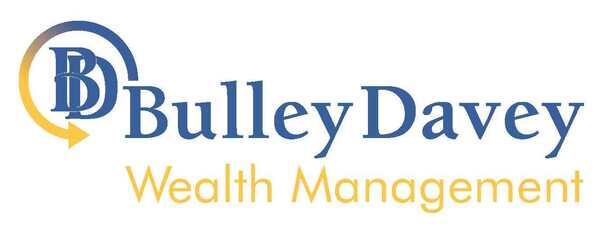If you’re a company director, you’ll want to be smart about how to pay yourself. Making pension contributions from your incorporated business’s profits can be a handy and tax-efficient way to make savings for the future. Here’s how it works.
Withdrawing money from your company
When you’re starting a company – particularly in the current uncertain economic climate – there’s lots to think about. One of the biggest questions our incorporated clients ask us is: how can I pay myself in the most tax-efficient way possible?
Once you’ve set up a company and become a director, there are three main ways you can withdraw money from your limited company to reduce its taxable profits: salary, dividends, and pension contributions. A combination of all three is usually a good idea, but for now, we’re going to focus on pension contributions.
How does paying into my pension using business profits work?
Making sizable contributions towards your pension pot is the most tax-efficient way for you to extract profits from your company, although you usually won’t be able to access the money until your mid-50s.
At the moment, you can potentially put up to £40,000 gross into your pension pot over the course of the tax year with no tax due. The good news is you might be able to carry over any unused annual allowance from the past three tax years – meaning you could put £120,000 into your pension pot, directly from your business profits, if you hadn’t previously used any of your annual pension allowance.
And, because the money goes straight from your company to your pension, it will reduce your company’s corporation tax liability while not being liable for National Insurance contributions (NICs). The lower your company’s profits are, the less corporation tax it will have to pay.
Bear in mind that there’s a ‘lifetime limit’ in place, which puts a cap on how much you can save into your personal pension pot. This is currently £1,073,100.
Depending on the rules of your pension scheme, you might be able to access a 25% tax-free lump sum from the age of 55, rising to 57 from April 2028. The rest of your retirement income will be assessed for income tax at your marginal rate if it exceeds the personal allowance.
The downsides of paying into my pension using business profits
Although it can be a great way to make long-term tax savings, using your business profits to pay into your pension isn’t always the most practical (or sustainable) idea.
For starters if you’re under the age of 55, you will need an accessible source of income for everyday living expenses. For that reason, dividends would be the best way to extract the money from your company’s profits. They are treated as a different form of income and have their own, lower tax rates in comparison to income tax.
As this method of profit extraction involves taking money out of your company for future use, the funds won’t be available if you change your mind. What happens when, for example, you might need some of that extra cash for your business activity or a future rainy day?
Another thing to consider is that pension contributions from your company must meet HMRC’s rules for allowable deductions. The most important condition is that your contributions are ‘wholly and exclusively’ for business purposes.
To check that you’re following these rules, HMRC might look at how your pension contributions compare to the company’s pension contributions for employees, or whether your pension contribution is excessive for the value of work you undertake.
Finally, if your pension contributions tally up to more than your company’s total annual profits, you might find yourself in trouble – both with HMRC, as it could suggest your contributions aren’t just for the purposes of business, but also financially, as you’re ultimately taking more money out of your company than it’s making.
So, is making pension contributions from business profits a good idea?
While it’s not without risk, if planned out carefully, using your business profits to contribute to your pension can be a great way to save tax and provide a comfortable cushion for your retirement.
However you go about extracting profits from your incorporated business, speaking to an expert in personal tax planning advice will always help you pay the least amount of tax legally possible.
Get in touch with our friendly team today to get help with making pension contributions from your business profits.
